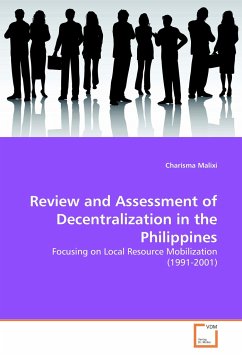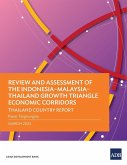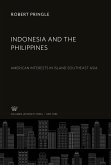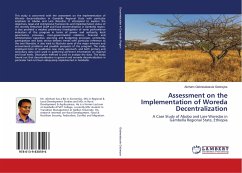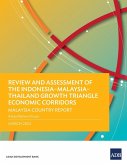To centralize or decentralize? Social scientists, public administrators and technocrats have for decades been at loggerheads on this issue, to the extent of trying to arrive at the best combination of centralized and decentralized structures that would strengthen government systems. This debate continues unabated. Within the context of democratic principles that are espoused and advocated worldwide today, societies have embraced decentralization as the administrative aspect of democratization as espoused by Behrendt. In this regard, the Philippines is a pioneer in Southeast Asia with the passage of the Local Government Code of 1991. In order to successfully implement decentralization, stronger local fiscal capacities must be put into place since these contribute to good governance and more dynamic processes of development. This study tries to examine how the decentralization reforms in the Philippines have affected the fiscal capacities of the local government units (LGUs) and how these have impacted on the delivery of basic services. In doing this, the author uses the aggregated national data and in-depth-studies of a selected cross-section of Philippine LGUs in the two Central Luzon provinces of Bataan and Pampanga. The author also links these two levels of analysis by showing how the resources vested in local governments contribute to the macroeconomic stability, distribution and allocation, or in sum, Philippine national development.

